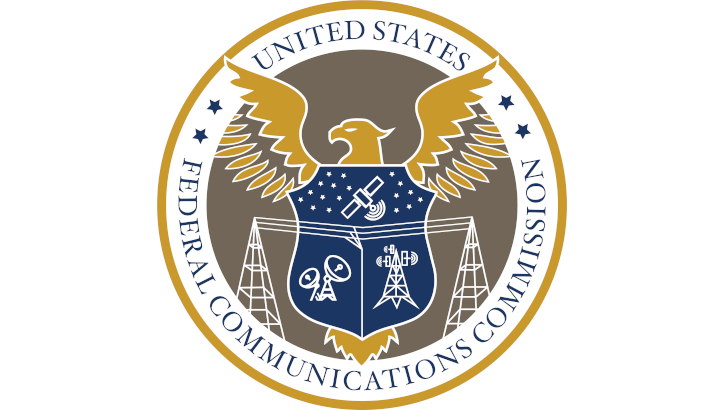Maybe because there's a LOT more HF interference from various things like street lights, electric cars and other gizmos tossing out all kinds of harmonics all over the HF bands?
I don't particularly care, even though I've been licensed for decades. I have always seen HF as being a sort of "last resort" after pretty much anything else has failed; there are more and better ways to communicate, even in amateur radio, so re-using some of the "scrapyard of radio" bandwidth for something that actually has a purpose isn't the worst thing.
I'm not sure I would agree with HF being the "last resort". Amateur radio operators who enjoy the use of the HF radio spectrum as their
primary access to the hobby, and who have thousands, and perhaps hundreds of thousands of dollars of HF equipment, would likely disagree with your characterization as well.
The ARRL has for many years, with its vast membership, done all in its power to protect the bandwidth that radio amateurs enjoy in their pursuit of the hobby. Not to mention the many humanitarian efforts that ham radio operators have contributed during times of disaster and crisis, when there were no other forms of communications available.
As an analogy, putting high-powered commercial HF stations on frequencies adjacent to the amateur radio spectrum appears similar in concept to a commercial broadcaster suddenly deciding that they are going to plant a 500 foot tower in an area adjacent to
your backyard, thus obscuring the beautiful view you've had for fifty years. As in "there goes the neighborhood". And once you open the door to one commercial entity, who knows how many will follow?
I believe that the ARRL and the amateur radio community are right in being concerned about the detrimental effect this could have on the ham radio spectrum.


